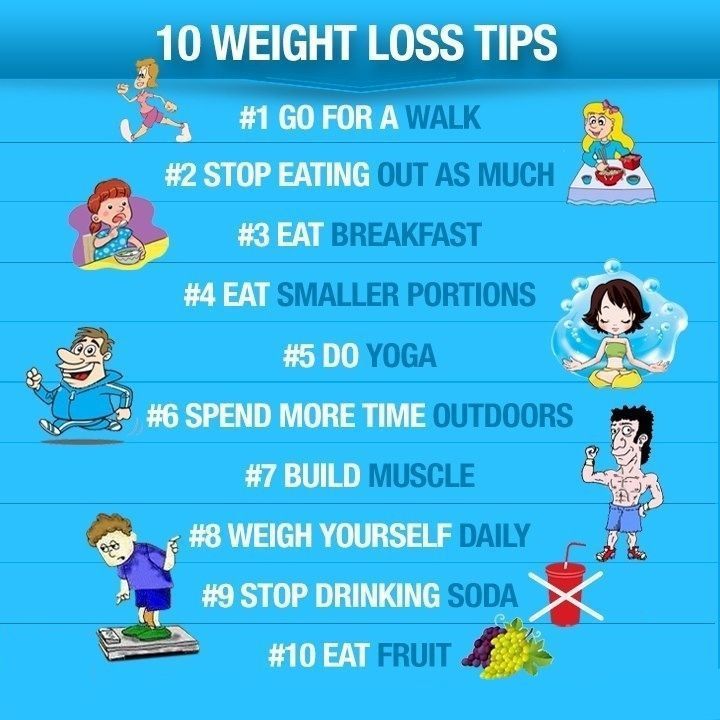
Intermittent fasting has become increasingly popular in the health and wellness world for its numerous benefits. This eating pattern involves cycling between periods of eating and fasting, and can be an effective way to improve overall health and well-being.
Improved Weight Loss
One of the most well-known benefits of intermittent fasting is its ability to aid in weight loss. By limiting the window of time in which you eat, you can naturally reduce your calorie intake and create a calorie deficit, which is essential for losing weight. Additionally, intermittent fasting has been shown to increase metabolism and promote fat burning, making it an effective tool for those looking to shed pounds.
Enhanced Brain Function
Intermittent fasting has also been linked to improved brain function and cognitive performance. Fasting can increase the production of a protein called brain-derived neurotrophic factor (BDNF), which plays a key role in promoting the growth of new neurons and protecting existing ones. This can lead to improved memory, focus, and overall cognitive function.
Reduced Inflammation
Chronic inflammation is linked to a variety of health issues, including heart disease, diabetes, and cancer. Intermittent fasting has been shown to reduce inflammation in the body, which can help prevent these chronic diseases and improve overall health.
Increased Autophagy
Autophagy is the body’s natural process of removing damaged cells and recycling their components to create new, healthy cells. Intermittent fasting has been found to increase autophagy, which can help protect against age-related diseases and promote longevity.
Getting Started with Intermittent Fasting
If you’re interested in trying intermittent fasting, it’s important to ease into it gradually. Start by gradually increasing the length of time between meals, and pay attention to how your body responds. It’s also important to stay hydrated and listen to your body’s hunger cues to ensure you’re getting the nutrients you need.
Types of Intermittent Fasting
There are several different methods of intermittent fasting to choose from, including the 16/8 method, the 5:2 diet, and alternate-day fasting. Each method has its own unique approach to cycling between eating and fasting, so it’s important to find the one that works best for your lifestyle and preferences.
Conclusion
Intermittent fasting can be a powerful tool for improving your health and well-being. From weight loss and improved brain function to reduced inflammation and increased autophagy, the benefits of intermittent fasting are numerous. If you’re looking to make a positive change in your life, consider giving intermittent fasting a try. With a bit of patience and dedication, you may just find that intermittent fasting is the key to unlocking a healthier, happier you.